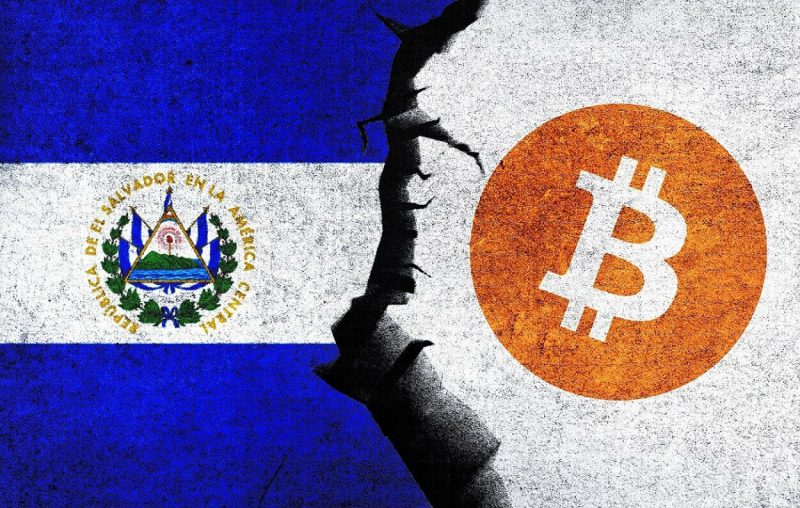
El Salvador’s adoption of Bitcoin as legal tender has been a major step forward in the global effort to legitimize the cryptocurrency. In June 2021, the Southeast Central America nation became the first country in the world to recognize Bitcoin as legal tender, causing a stir among many onlookers. Already, however, President Niyamian’s move has encountered numerous challenges. Despite broadcasting his decision as a success story, El Salvador’s risk has yet to pay off.
While El Salvador’s president, Nayib Bukele, has been outspoken about his decision to adopt Bitcoin, the country’s citizens have yet to experience the promised fruits of his efforts. The past month has only brought downside as citizens struggle with Bitcoin’s extreme volatility, high transaction fees, and lack of education related to cryptocurrency.
Bitcoin’s high transaction fees have made it difficult for citizens to use their digital currency. Additionally, many El Salvadorians lack the necessary understanding and infrastructure to use Bitcoin. With no clear public education system in place, many citizens do not know how to buy and use the new currency. This, paired with low public confidence in the decision, has led to a slow uptake of the new currency in El Salvador’s economy.
Perhaps most concerning is the fact that El Salvador lacks banking infrastructure. Since the country does not offer banking services and no banking institution has jumped to work with Bitcoin, businesses have struggled to receive and accept payments in the digital currency. Lacking banking infrastructure also means the government cannot monitor and track transactions, opening the door for potential illegal activity.
Despite El Salvador’s risky maneuver, the country continues to push ahead with its bold strategy and hopes to be a success story in the global cryptocurrency space. Through the government’s technology initiative, it aims to bolster financial technology and provide small business owners with access to a more efficient, secure, and reliable payment system. Even if the move is a success for El Salvador, it could take years for its citizens to reap the rewards of the benefits.
Ultimately, while El Salvador’s adoption of Bitcoin as legal tender marks a groundbreaking moment, only time will tell if the nation’s risk was worth the reward. The country must first deal with a lack of education, slow uptake, high transaction fees, an absence of banking infrastructure, and the potential for illegal activities if it is to be successful in its endeavor. Despite these challenges, the country’s ambition remains strong and many are optimistic that El Salvador will become the Bitcoin success story of the decade.

